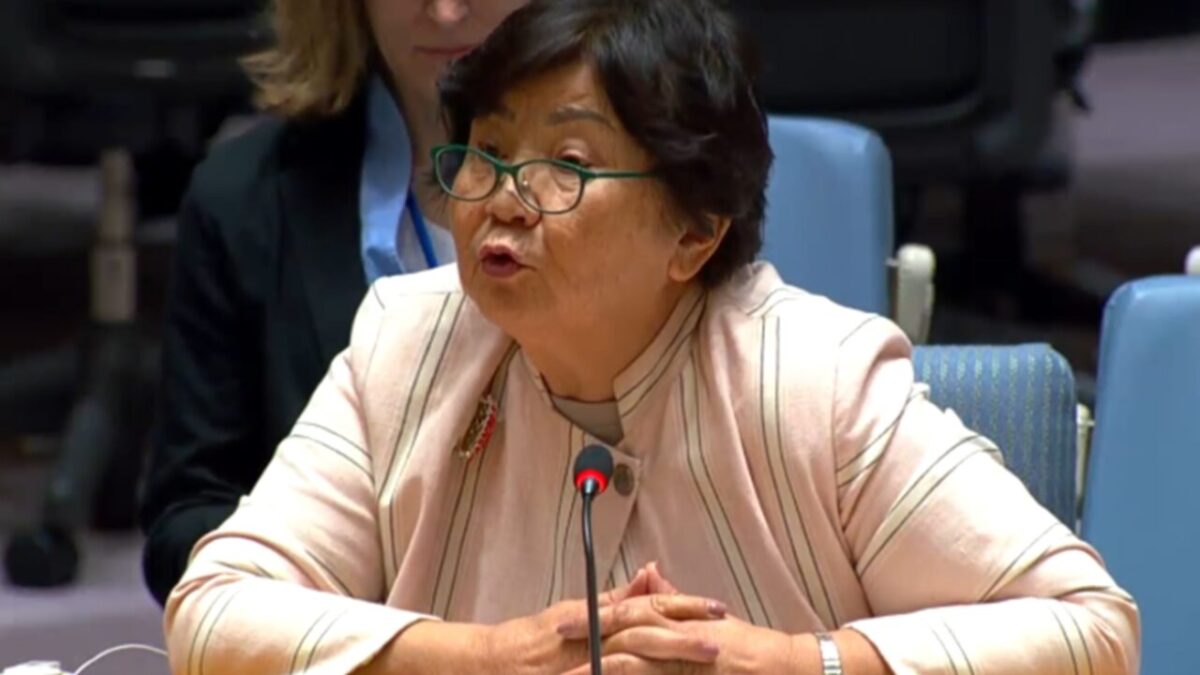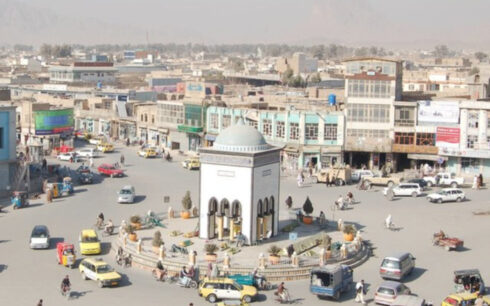Roza Otunbayeva, the United Nations’ special envoy for Afghanistan, expressed deep concerns about the ongoing restrictions on Afghan women and girls, emphasizing that these measures severely affect half of the country’s population and have broader indirect consequences.
“United Nations’ engagement with Afghan women reveals a growing level of depression among those who, apart from being denied the right to education and restricted in their movements, also feel they are becoming less respected in their homes and less involved in decision-making,” Otunbayeva said.
She also highlighted the plight of Afghan female servants facing drastic salary cuts, which raises concerns about their ability to pay rent and support their families.
Addressing the recent Doha meeting, Otunbayeva noted that while the meeting generated significant expectations, realistic outcomes cannot be achieved in a single session. “We are trying to establish a process and preserve an important mechanism of consultation. We must be realistic about how much each meeting in this process can deliver, especially at this early stage where confidence and trust are insufficient,” she said.
Otunbayeva stressed that the Taliban’s participation in the Doha meeting is essential but that no recognition should be granted to them until issues of women’s rights, girls’ education, and acceptable constitutional frameworks are broadly addressed. “There were high expectations that restrictions on women’s rights would be forcefully addressed at this meeting. Economic concerns also featured prominently in these discussions,” she added.
The envoy revealed that the region has valid concerns about potential terrorism and extremism threats emanating from Afghanistan, highlighting the need for greater cooperation on counter-narcotics. “Efforts to promote stability through pragmatic engagement, especially in the economic field, are positive and necessary and should continue,” she said.
Otunbayeva also pointed out that the Taliban has increased restrictions on non-Taliban political actors. “Political parties and civil society organizations have been banned, and there are increasing restrictions on activities of some prominent non-Taliban political actors. The media also faces constraints on what it is allowed to report. Stability that depends on the suppression of opposing ideas is negatively fragile,” she said.
On the issue of budget shortfalls for UN agencies, Otunbayeva mentioned that the 2024 appeal for approximately $3 billion is currently only 20 percent funded. “Donors would be more assured of the effectiveness of their assistance if the de facto authorities remove restrictions on women working for NGOs and the UN,” she said.
Speaking at the same meeting, Manizha Wafeq, an Afghan entrepreneur and representative of Afghan women, urged the international community to prioritize women’s rights in discussions about Afghanistan. “I urge the Security Council and the international community to do everything in your power to ensure that women and women’s rights are front and center in your deliberations on Afghanistan and that nothing you do normalizes or legitimizes the Taliban or their treatment of women,” Wafeq said.
Both the Afghan and UN envoys stressed the importance of including Afghan women and civil society representatives at the upcoming Doha meeting, scheduled to be held within the next two weeks.





